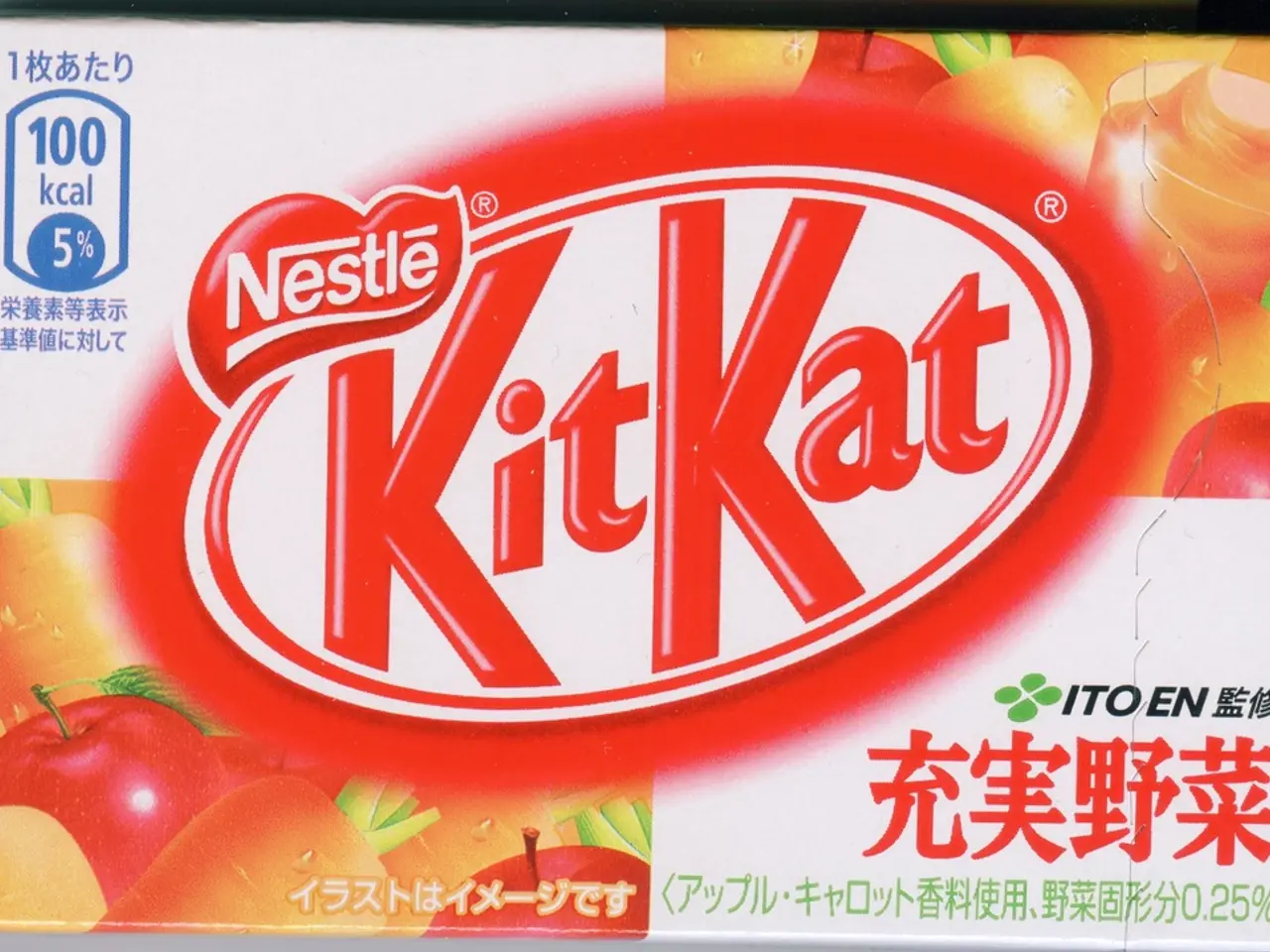Scientific Recommendations on Post-Workout Hydration
In the world of fitness and exercise, recovery is just as important as the workout itself. A recent study suggests that a simpler approach to post-workout nutrition might be the key to successful recovery, particularly when it comes to protein consumption.
The global sports drink market has seen significant growth, reaching $26.24 billion in 2022, with many commercial recovery drinks focusing on elaborate carbohydrate-to-protein ratios and proprietary blends of supplements. However, new research points to a more straightforward solution.
Consuming protein shortly after exercise has been shown to enhance muscle protein synthesis, a process crucial for muscle repair and growth. The rapid absorption rate and rich amino acid profile of whey protein make it particularly effective, with its high content of leucine, a branched-chain amino acid that plays a crucial role in initiating protein synthesis.
Shawn Arent, the director of the Center for Health and Human Performance at Rutgers University, suggests that 20 grams of protein is the ideal recovery strategy for high-intensity or strength training. This amount can help promote muscle repair and growth without specifically referencing individual body composition, workout intensity, or overall dietary needs.
For light to moderate exercise, simple hydration is the primary concern, with no special recovery drink necessary. In such cases, normal eating patterns should be resumed.
The anabolic window for protein consumption, often called the "anabolic window", is wider than previously thought, but consuming protein within a reasonable timeframe after exercise still appears beneficial. Additional protein beyond approximately 20 grams doesn't significantly enhance muscle protein synthesis for most individuals.
A comprehensive meta-analysis published in the Journal of the International Society of Sports Nutrition found that protein timing strategies show small but significant effects on muscle strength and hypertrophy when compared to control groups. This research underscores the importance of protein in the recovery process.
It's worth noting that electrolyte losses are minimal and easily replaced through normal dietary intake for most recreational exercisers. Water typically suffices for workouts under an hour, with no special formulations necessary.
In conclusion, a straightforward approach to post-workout recovery may be all that's needed for many exercisers. By focusing on consuming 20 grams of protein within two hours post-workout, individuals can support muscle recovery and protein synthesis, promoting muscle repair and growth. For more precise guidance, it would be best to consult Shawn Arent's specific research or statements on the topic.
Science suggests that a simpler approach to post-workout nutrition, centering on protein consumption, might be key to successful recovery, especially in sports and health-and-wellness, where fitness-and-exercise is crucial. Shawn Arent, a former director at Rutgers University's Center for Health and Human Performance, advocates for consuming 20 grams of protein as an effective recovery strategy, particularly after high-intensity or strength training sessions.




